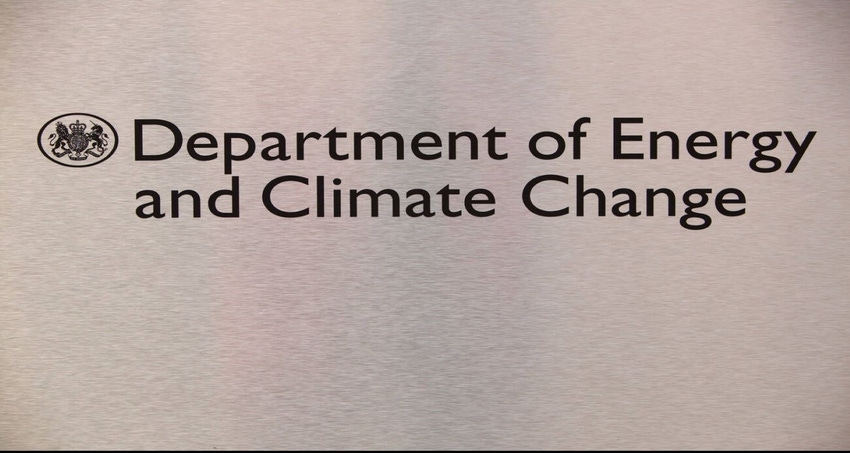Wide-ranging projects getting awards cover clean energy technologies, low carbon manufacturing.

The recent passage of the Inflation Reduction Act, the Bipartisan Infrastructure Law, and Chips and Science Act have given companies involved in clean energy development more hope that their research and development efforts would receive support as concerns over greenhouse gas emissions grow. More help may be on the way, as the U.S. Department of Energy (DOE) recently announced more than $540 million in awards for university- and National Laboratory-led research into clean energy technologies and low-carbon manufacturing.
“Meeting the Biden-Harris Administration’s ambitious climate and clean energy goals will require a game-changing commitment to clean energy — and that begins with researchers across the country,” said U.S. Secretary of Energy Jennifer M. Granholm, in a statement. “The research projects announced today will strengthen the scientific foundations needed for the United States to maintain world leadership in clean energy innovation, from renewable power to carbon management.”
Researchers at 54 universities and 11 National Laboratories across 34 states and the District of Columbia are receiving grants. Other institutions receiving funding include Case Western Reserve University in Cleveland, Ohio; Dartmouth College in Hanover, New Hampshire; the National Renewable Energy Laboratory (NREL) in Golden, Colorado; the University of Colorado Boulder (CU Boulder); and Ames National Laboratory in Ames, Iowa.
More than $400 million will go toward establishing and continuing 43 Energy Frontier Research Centers, which bring together multi-disciplinary scientific teams to tackle the most difficult scientific challenges preventing advances in energy technologies. The projects, led by 28 universities and nine National Laboratories with more than 75 additional partner institutions, will study everything from energy storage to quantum information science.
In addition, 53 projects led by researchers at 33 universities and 11 National Laboratories will receive a combined $140 million through the Chemical and Materials Sciences to Advance Clean Energy Technologies and Low-Carbon Manufacturing funding opportunity. The funding will go toward fundamental research that could advance technologies to make energy production more efficient, through technologies such as direct air capture and carbon storage and sequestration.
Several projects will involve basic research underpinning DOE’s Energy Earthshots Initiatives, which set goals for significant improvements in clean energy technology. The Energy Earthshots Initiatives include the Hydrogen Shot, which aims to decrease the cost of producing hydrogen; the Long Duration Storage Shot, whose goal is to reduce the cost and increase the duration of grid-scale energy storage; and the Carbon Negative Shot, an all-hands-on-deck call for innovation in technology to capture carbon dioxide (CO2) from the atmosphere and store it at gigaton scales for less than $100/net metric ton of CO2 -equivalent.
These investments will support research that is foundational to the development of solar and nuclear energy technologies, energy storage, carbon capture, novel manufacturing processes, and the more efficient use of critical minerals in energy technologies and manufacturing. The recent legislation signed by Biden will enhance this work by investing in these types of clean energy technologies and building out the infrastructure to deploy them.
Projects were chosen by competitive peer review under two funding opportunities open to universities, National Laboratories, industry, and other research organizations. Award selections were made in accordance with the outcome of peer review and the consideration of program policy factors in the Funding Opportunity Announcements. The final details for each project award are subject to negotiations between DOE and the awardees.
The lists of the awards from these two funding opportunities, supported by the Office of Basic Energy Sciences within the Department’s Office of Science, can be found here.
Spencer Chin is a Senior Editor for Design News covering the electronics beat. He has many years of experience covering developments in components, semiconductors, subsystems, power, and other facets of electronics from both a business/supply-chain and technology perspective. He can be reached at [email protected].
About the Author(s)
You May Also Like





